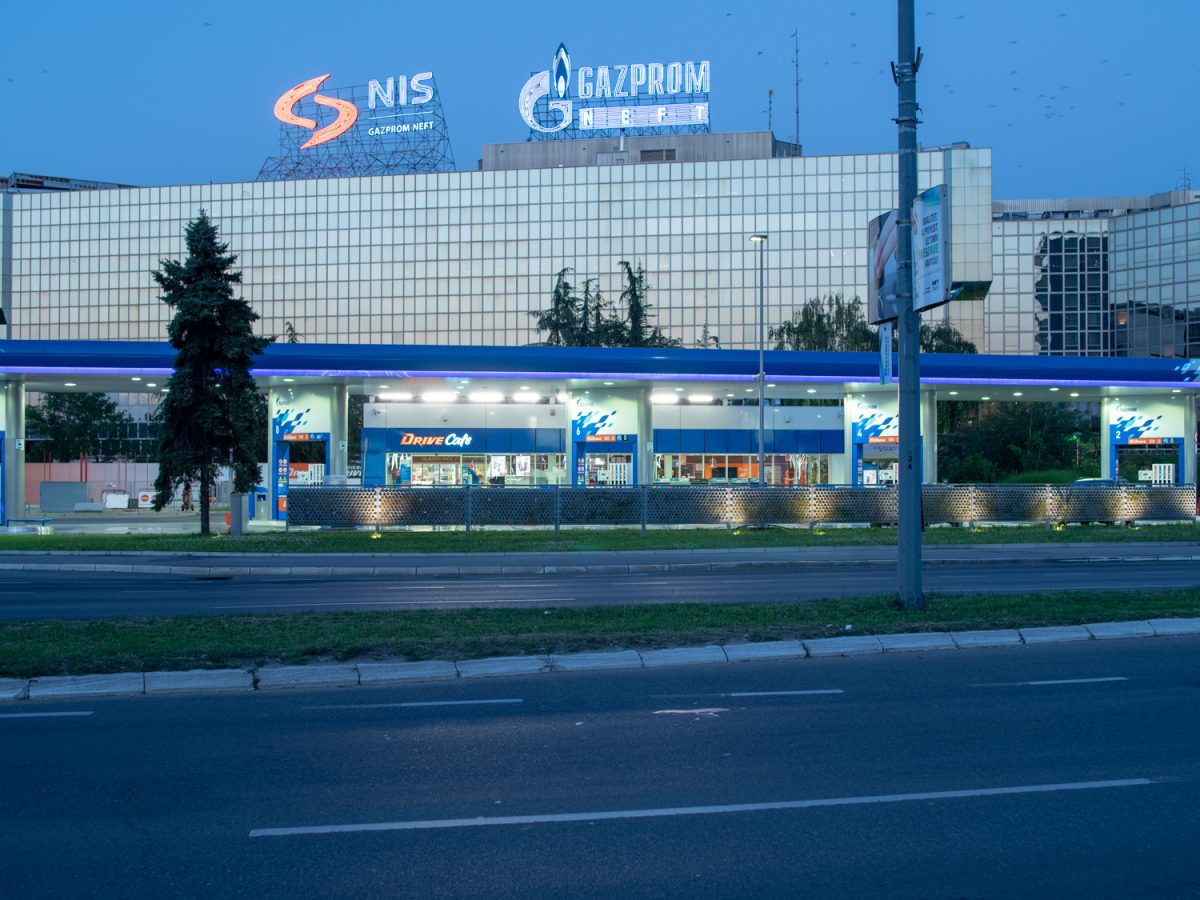
EU sanctions could leave Serbia without Russian crude
Russian crude oil imports to Serbia will become impossible in the wake of EU sanctions. The country's supply has so far been coming from a port in Croatia via the Adria oil pipeline. This option will cease as Brussels has banned Russian crude oil shipments to Europe by tankers.
Russian crude banned from ports in Croatia
The Adria oil pipeline (Jadranski naftovod, Janaf for short) runs from the terminal in Omisalj on the Croatian island of Krk as far as Szazhalombatta in Hungary, delivering crude oil arriving by sea to countries in the region. The pipeline’s western branch ends in Lendava, Slovenia, its eastern branch in Pancevo, Serbia. It is unclear who owns the pipeline. According to the official Croatian position, it is solely theirs, as former founders and investors can have no claim. However, articles recently published by Bosnian media outlets have claimed that one-third of the pipeline is owned by Bosnia and Herzegovina. It is a fact that in 1974, the Yugoslav Pipeline (Jugoslovenski Naftovod) was founded by Zagreb-based INA, Sarajevo-based Energoinvest and Novi Sad-based Naftagas. However, the Croatian party paid the founders and creditors by 1991, and the company called Janaf was officially registered with the company court in Rijeka.
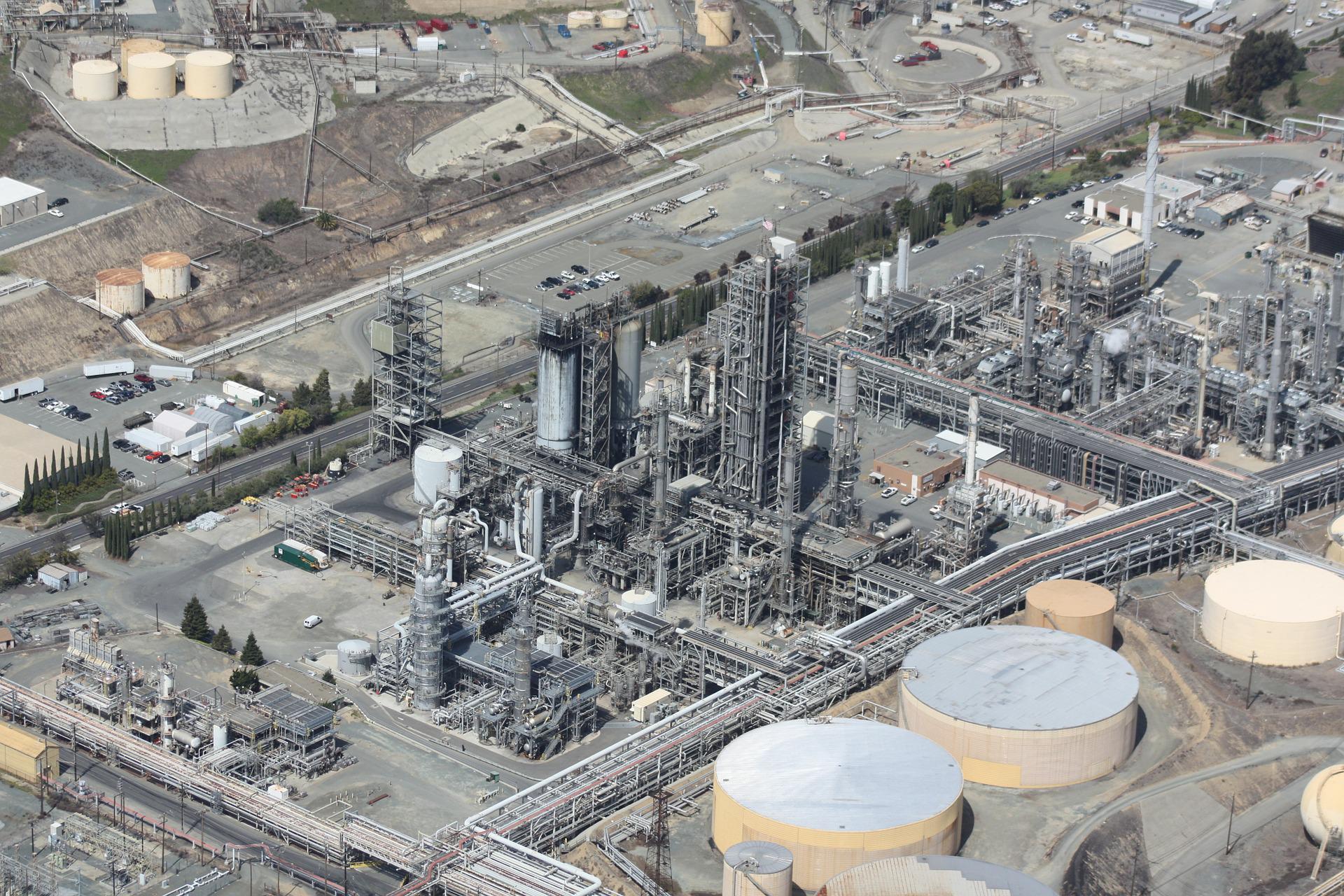
Photo: Pixabay
However, the primary question now is not who owns the company or the pipeline, but whether Russian oil can flow through it. Two important factors are endangering deliveries. On the one hand, the majority owner of the Serbian oil and gas group NIS is the Russian Gazprom, with a 56 per cent share in the company. The share of the Serbian state is nearly 30 per cent, while that of minority shareholders totals 14 per cent. This does not sit well with the European Union, which is imposing sanctions on Russia. On the other hand, the EU has approved its sixth package of sanctions, banning imports of Russian crude and certain crude oil products. This implies that Russian supplies can no longer be shipped to the port of Omisalj, and no oil will be delivered to refineries in Serbia via the Janaf pipeline. In accordance with the decision, deliveries would stop in six months, meaning that Belgrade would have to seek a solution to alternative supplies during this time.
Where does Serbia buy oil from?
Earlier, Serbia procured 16 per cent of its needs from Russia. Figures for 2021 released by the Chamber of Commerce show that 47 per cent of crude oil came from Iraq, 23 per cent from Serbia’s own resources, 11 per cent from Kazakhstan, and 3 per cent from Norway. It is a fact, however, that the volume of Russian imports has recently increased significantly – reaching 60 per cent in May, for example – as Russia has been selling black gold at a favourable price.
Of course, the Janaf oil pipeline could continue to operate in the future, supplying oil from sources other than Russia. However, all other sources are more expensive, with imports from Iraq, for example, costing 31 US dollars more per barrel. On 6 June, Serbia’s President Aleksandar Vucic said that the country had already suffered a loss of 600 million US dollars that is now missing from the pockets of citizens as a result of EU sanctions. If the crude oil becomes more expensive, the price of petroleum products will also rise, meaning that fuel at the pumps will cost more.
It should be understood that oil is not like gas, it is not a potential geopolitical weapon but an ordinary commodity on the global market, an energy expert told BBC Serbia, noting that this is why it is difficult to predict how much its price will change and in which direction. According to the analyst, it will be important to see what Russia will do with the surplus crude oil, if it will be able to sell it, and if so, to whom and for how much. He mentioned China and India as potential buyers.
Further options
If, however, Serbia decides not to seek new suppliers and not to increase imports from current partners, i.e. Iraq, Kazakhstan and Norway, then it still has further options.
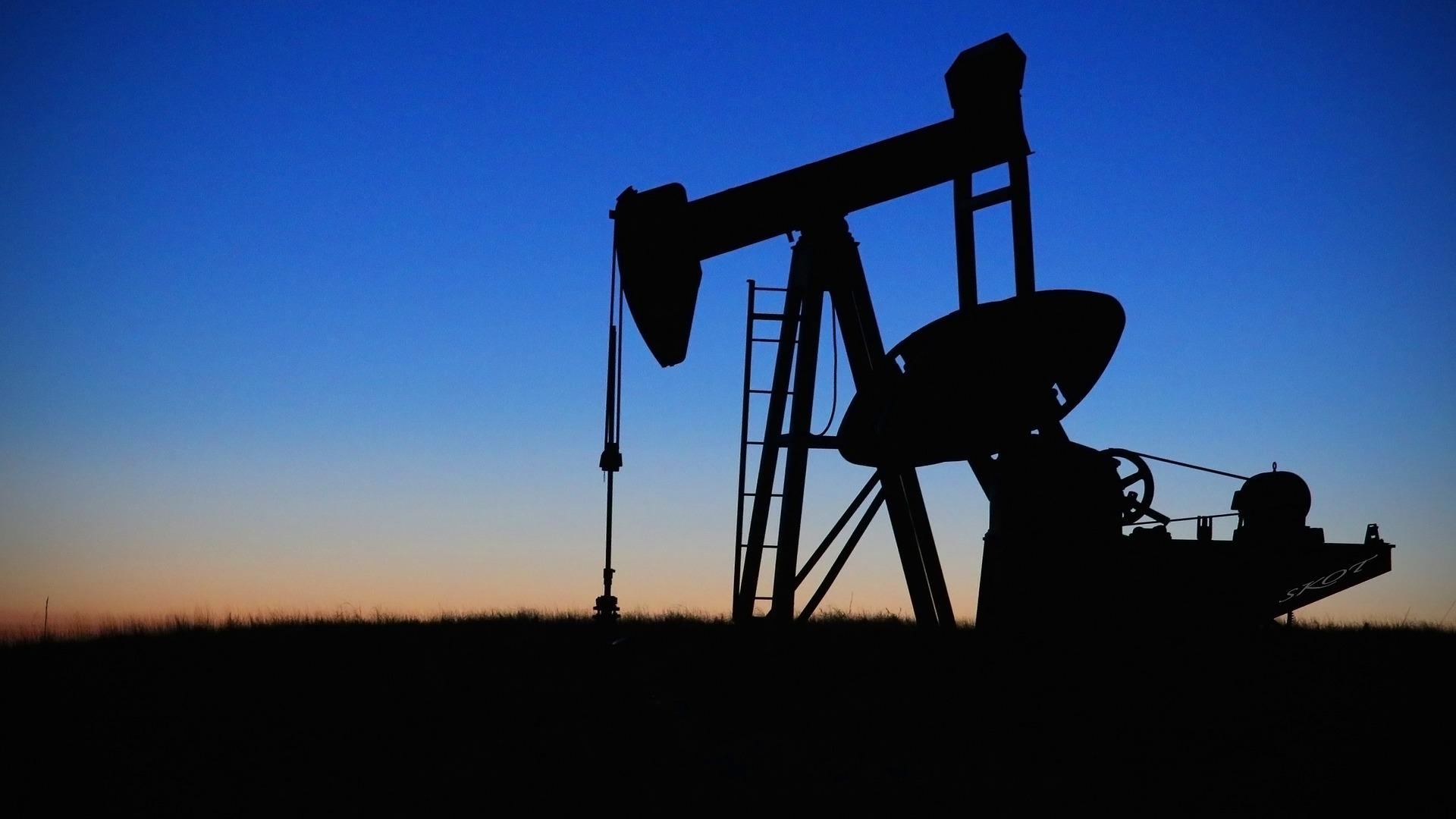
Photo: Pixabay
One of them is that Russian oil imports continue, but are transported through another pipeline. Ljubljinko Savic, an employee at the chamber said that there are countries which may be of help to Belgrade in that. An important exception in the sanction package is that the ban only applies to oil imported via tankers, not through pipelines. This is important primarily for Slovakia, the Czech Republic and Hungary, which receive a large part of their oil import through the Friendship pipeline running through Ukraine. Savic primarily sees Hungary as a potential partner and thinks that Belgrade should engage in talks with Budapest about possible cooperation. Relations between the two countries are excellent, and in the context of their leaders have repeatedly voiced their readiness to help each other in alleviating the effects of the the energy and food crises. Most recently, they agreed upon storing a significant part of Serbia’s gas reserves in Hungary.
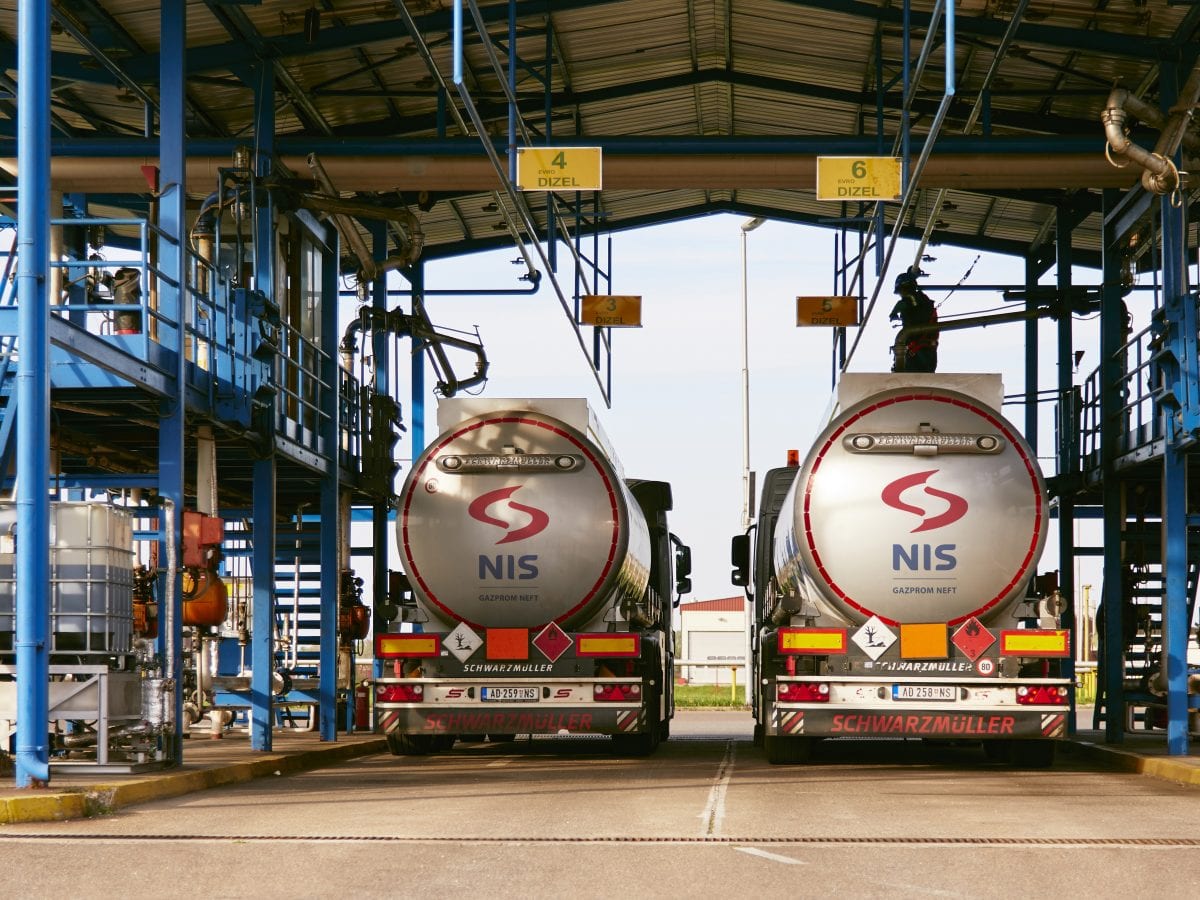
Photo: NIS.rs
The BBC Serbia article also raises a third option, coming from Energy Minister Zorana Mihajlovic, whereby the country should take back its majority stake in NIS, the Serbian Petroleum Company. Mr Mihajlovic said in an interview on 1 June that if there were a problem with supply through Janaf due to EU sanctions, the ownership structure of NIS would have to change.
However, Ljubinko Savic emphasized that even if the country decided to regain a majority stake in NIS, it was ultimately not up to Serbia, but to the Russians. And should Moscow give up the missing percentage needed by Belgrade, it would certainly come at a price, the expert added. Incidentally, Gazprom had previously been interested in buying a part of the Adria oil pipeline, but Zagreb thwarted the sale.
Fuel prices in Serbia
The employee of the Chamber of Commerce also talked about Serbia having adequate reserves and there is no need to worry about a shortage of fuel at all. He added that it is reassuring that there are wells in Serbia as well, so the country can produce its own oil (although the extraction is carried out by Russian-owned NIS). An expert told BETA news agency that the current situation – that is that Russian crude would cease to arrive through Janaf – would not bring a drastic increase in prices in the future.
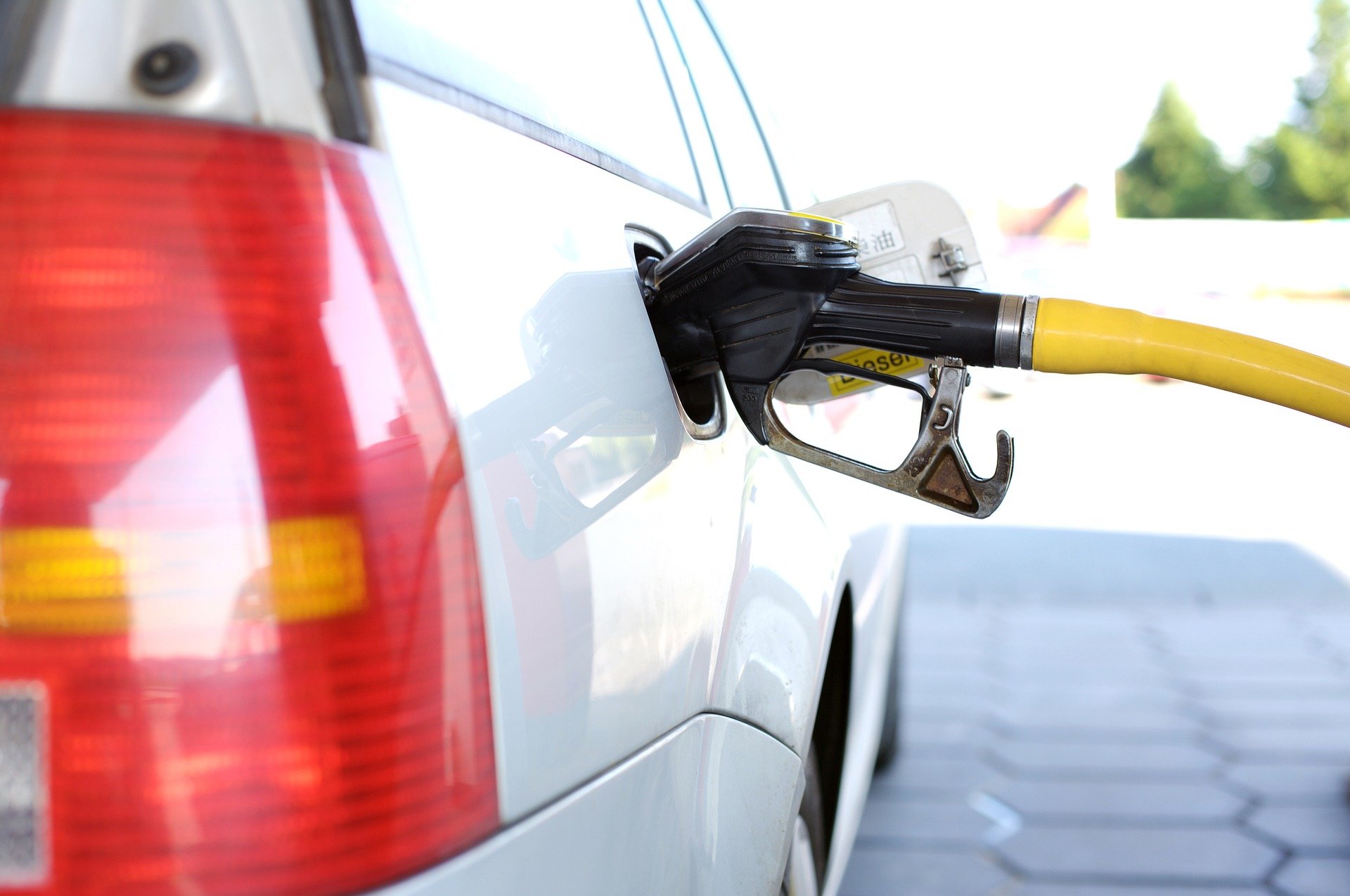
Photo: Pixabay
The price of fuels is capped by the government is Serbia, with a weekly review of the current price. A litre of 95-octane petrol at the moment costs 193 dinars (1.64 euros), whereas diesel can be bought for 206 dinars, or 1.75 euros.
How will the EU procure its oil supplies?
By adopting the sixth sanctions package against Russia, the EU undertook to find new sources to cover its own needs for mineral oil. The EU’s dependence on Russian oil is not negligible, proportionally it is significantly higher than the dependence of Serbia.
The introduction of the sanctions would strip Russia of significant revenues, but would also require large-scale reorganisation by Europe. The price at which new partners are willing to sell the oil is another question. Countries like Iran, Venezuela, the US and Canada may step in as new suppliers, but just like with liquefied natural gas, the question arises as to why it would be worth shipping the raw material from the other side of the world, when it has so far arrived in the region more easily and more quickly through already built pipelines. It is also an important consideration that the frequent tanker accidents cause serious damage to marine wildlife.

